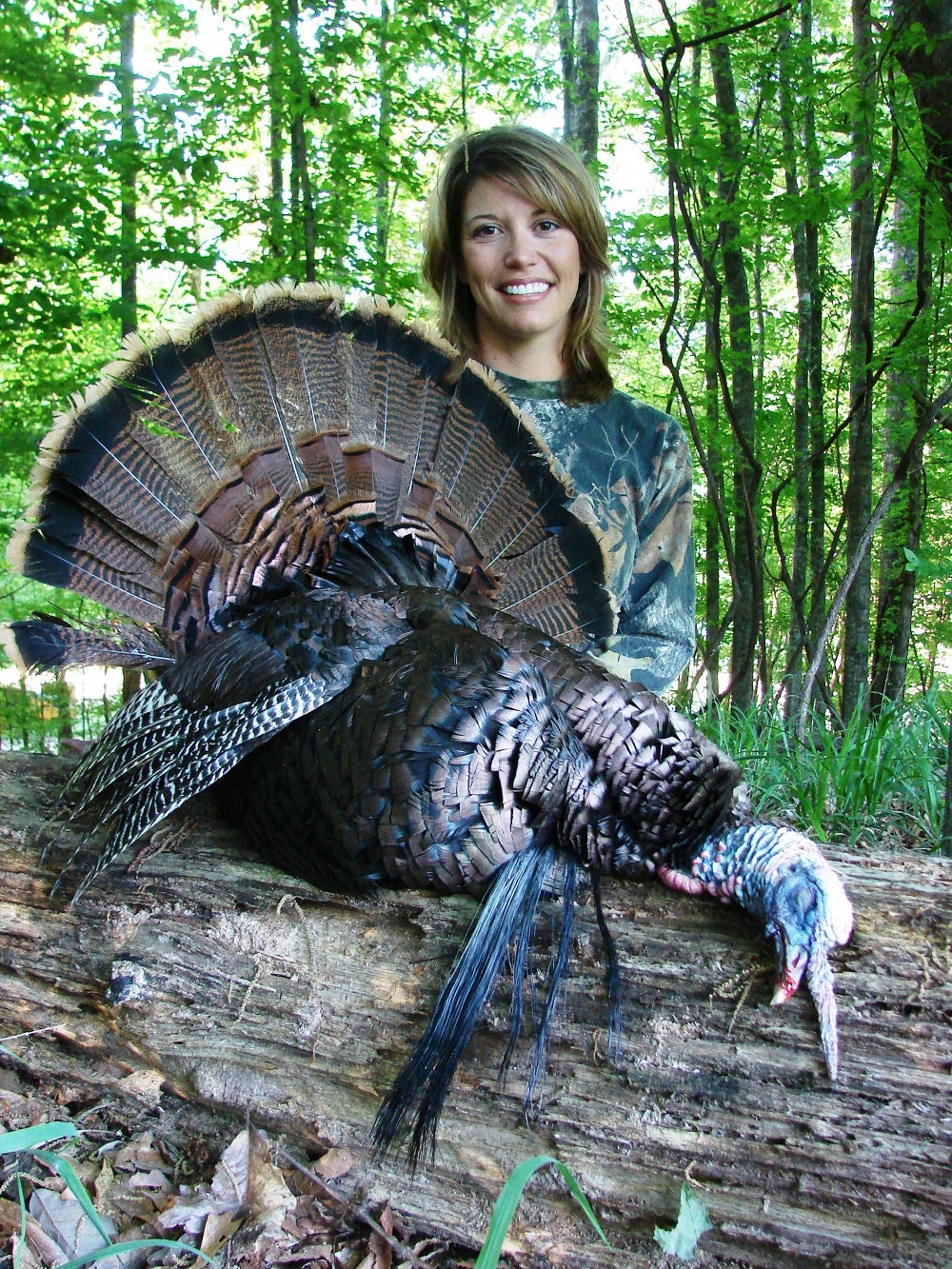Calling Turkeys — Tough or Timid?
Dr. John Woods 04.07.20

A huge part of successfully calling wily gobblers to the gun is finesse. That means knowing when to use what call at what pace and volume. It is a learned skill that is only acquired by spending endless springs in the turkey woods. Learning the essential turkey calling skills of “tough or timid” will make the difference in how many longbeards you bring to the show board.
Turkey hunting circumstances most often dictate how to approach a gobbler that is already sounding off either from the roost or already on the ground. If the gobbler has already left his lofty perch then most likely he has begun his morning gathering of the hens in his harem. While this complicates things, it does not mean the gobbler cannot be called away from his hens.
If this is the case and the gobbler is already gathering together his harem, your hen calls need to be aggressive and penetrating. You want that gobbler to recognize that another boss hen is on the scene. Choose a crisp, clear mouth call, a box call, or a slate call that puts out a far reaching series of clucks and cackles. Let it rest then try again. Keep a watch for an incoming gobbler.
However, if that attempt fails to get the attention of that gobbler or others in the area, Plan B is to move to a mid-morning gathering area, dusting zone, or feeding spot. Get into a good hidden blind setup and wait. Issue a periodic call that is loud enough to reach out a good distance. If this is a well-used gathering spot, turkeys will eventually show. When they do, work any gobblers accordingly with a mixed series of calls.
Other gobbler setups can be wait-and-see trials. On windy days go with a loud box call using tough calls that can be heard a long way through the woods or across a field. You can always tone it down to timid calls if a gobbler appears. Be sure not to over-call, because too much calling can spook a gobbler — especially one that might be call shy from too much hunting pressure.
Deciding between tough, loud calling, and more subdued timid calls is the real finesse of turkey hunting. Every gobbler is different and they all respond differently. Listen to how the gobbler responds to your calls. If it’s reluctant to react, pick up the pace. If they gobble like crazy in response, tune it back. At all times keep a watch out in case one comes in silent.